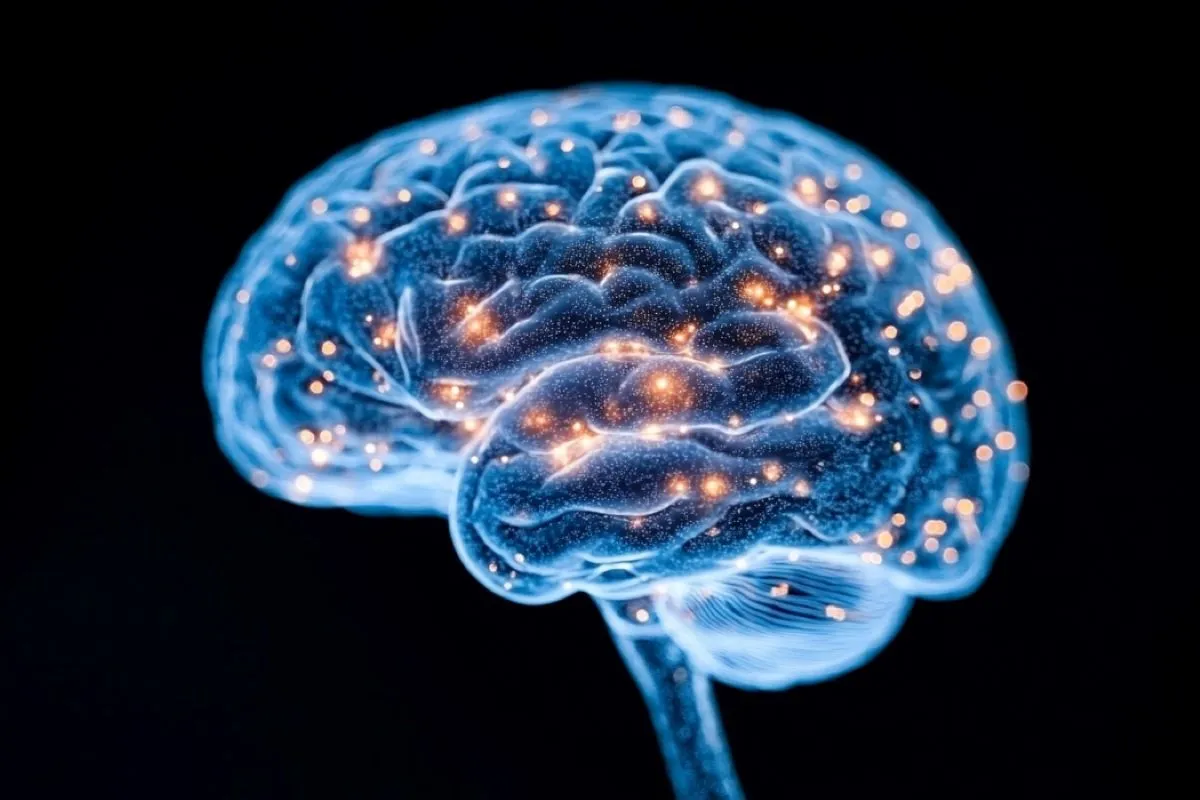Exploring Mental Health and Visual Neuroscience in Parkinson's Disease

Understanding Visual Neuroscience in Parkinson's Disease
Recent studies conducted by researchers at King's College London demonstrate the intricate relationship between brain research and mental health in patients with Parkinson's disease.
These patients, affected by visual hallucinations, show a reduced brain response to unforeseen visual changes, significantly indicated by visual mismatch negativity (vMMN).
Neurobiology and Neurology Links
- Neuroscience findings expose neurobiological effects impacting psychology and visual perception.
- Understanding these neurology aspects contributes to better treatment approaches for psychosis.
- Psychosis in Parkinson's often correlates with significant cognitive decline, demanding specialized intervention.
Implications for Future Research
- Future studies should explore the correlation further to enhance treatment protocols.
- Research strategies should focus on visual neuroscience to uncover deeper insights.
As findings evolve, ongoing research will potentially pave the way for significant breakthroughs in managing mental health and neurological challenges related to Parkinson's.
Disclaimer: The information provided on this site is for informational purposes only and is not intended as medical advice. We are not responsible for any actions taken based on the content of this site. Always consult a qualified healthcare provider for medical advice, diagnosis, and treatment. We source our news from reputable sources and provide links to the original articles. We do not endorse or assume responsibility for the accuracy of the information contained in external sources.
This article was prepared using information from open sources in accordance with the principles of Ethical Policy. The editorial team is not responsible for absolute accuracy, as it relies on data from the sources referenced.